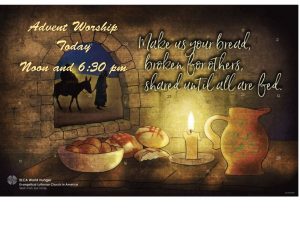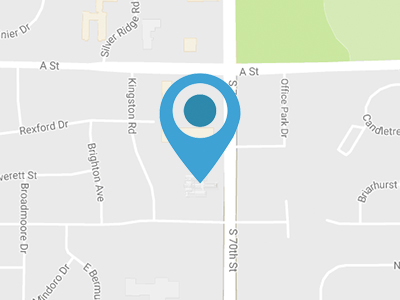 [Abraham] said, “My lord, if I find favor with you, do not pass by your servant. Let a little water be brought, and wash your feet, and rest yourselves under the tree. Let me bring a little bread, that you may refresh yourselves, and after that you may pass on—since you have come to your servant.” So they said, “Do as you have said.”
[Abraham] said, “My lord, if I find favor with you, do not pass by your servant. Let a little water be brought, and wash your feet, and rest yourselves under the tree. Let me bring a little bread, that you may refresh yourselves, and after that you may pass on—since you have come to your servant.” So they said, “Do as you have said.”- How does Abraham’s story shape our understanding of hospitality?
- In what ways do our church and our larger community show hospitality toward strangers? Do our neighbors experience our church as a refuge welcoming them in or as a fortress keeping them out?
- How can the practice of hospitality be a witness to the value and dignity of all our neighbors?
You can receive the weekly Advent devotional in your email Inbox every Saturday. Contact Kathleen Simley to be included in the email. You can also pick up a hard copy of the Advent devotional at the Welcome Center at church.
Join us also for mid-week Advent worship on Wednesday, December 12 and 19 at noon or 6:30 pm.

